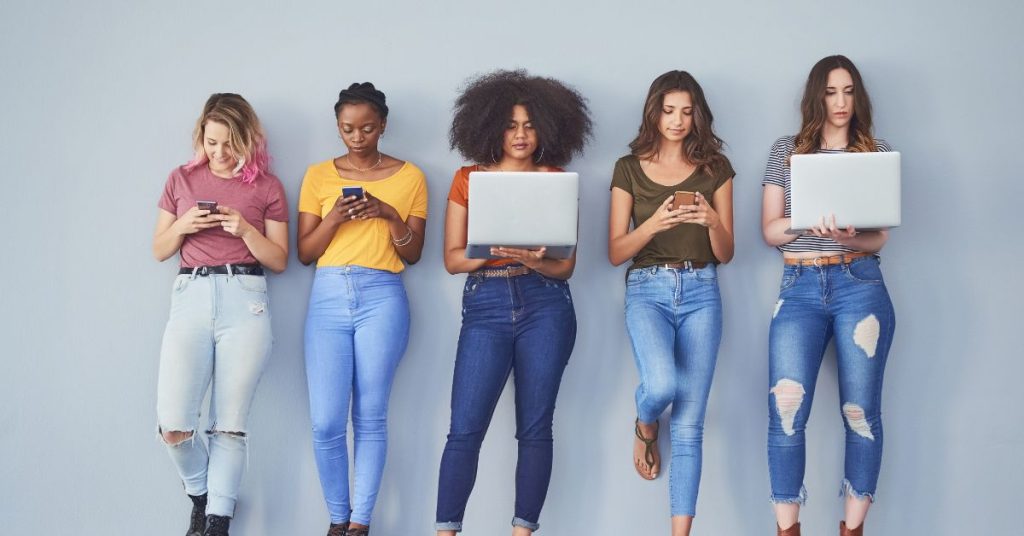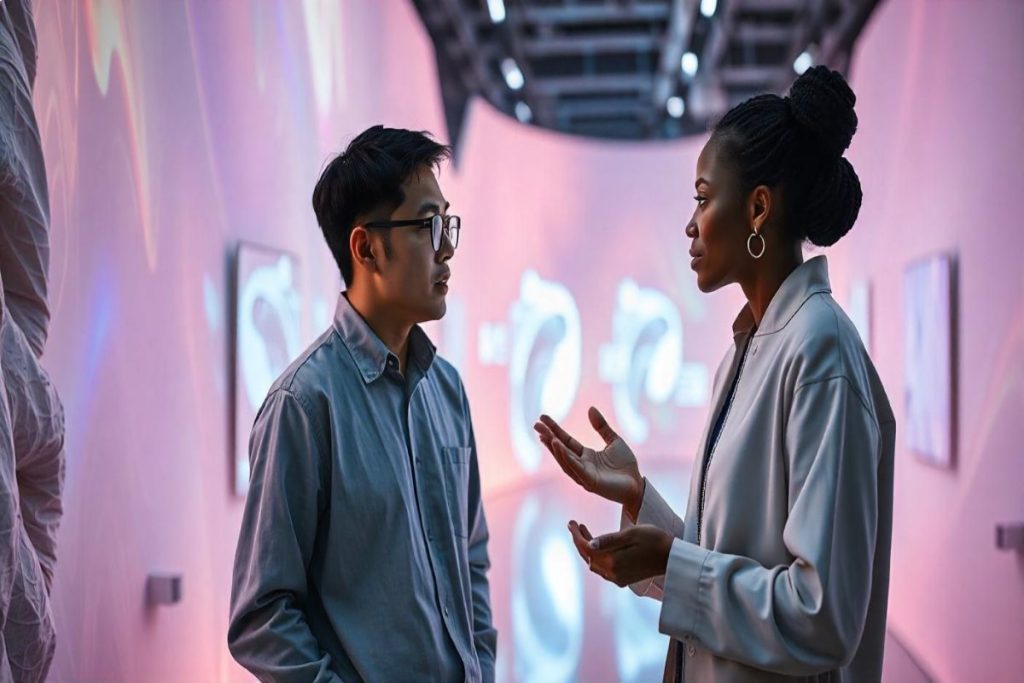In today’s digital age, the impact of social media on modern culture is undeniable. Platforms like Facebook, Twitter, Instagram, and TikTok have transformed the way we communicate, share information, and connect with one another. As we delve into this topic, we will explore how social media has reshaped our interactions, influenced public opinion, and even altered the fabric of our daily lives. Understanding these dynamics is crucial for anyone looking to navigate the complexities of contemporary society.
Throughout this article, we will examine the various dimensions of social media’s influence on culture. From the rise of influencer marketing to the phenomenon of viral trends, we will uncover how these elements have redefined traditional marketing strategies and consumer behavior. Additionally, we will discuss the role of social media in shaping political discourse and mobilizing social movements, highlighting its power as a tool for change.
Moreover, we will address the psychological effects of social media on individuals, including issues related to self-esteem, identity, and mental health. As we navigate through these critical aspects, you will gain insights into both the positive and negative consequences of our online interactions. By the end of this article, you will have a comprehensive understanding of the multifaceted impact of social media on modern culture, empowering you to engage more thoughtfully in the digital landscape.
Join us as we embark on this exploration of social media’s profound effects on our lives and society. Whether you are a casual user or a digital marketing professional, the insights shared here will enhance your awareness of the cultural shifts driven by social media. Read on to discover how these platforms continue to shape our world.
The Role of Social Media in Shaping Public Opinion
Social media platforms have become powerful tools for shaping public opinion in modern culture. With the ability to share information instantly, users can influence perceptions on various issues, from politics to social justice. The viral nature of content on platforms like Twitter and Facebook allows for rapid dissemination of ideas, often leading to significant societal changes.
Moreover, social media has democratized the flow of information, enabling voices that were previously marginalized to gain visibility. This shift has led to movements such as #MeToo and Black Lives Matter, which have utilized social media to mobilize support and raise awareness. As a result, the impact of social media on public opinion is profound, as it not only reflects societal values but also actively shapes them.
The Influence of Social Media on Youth Culture
Social media has a significant influence on youth culture, affecting everything from fashion trends to social interactions. Platforms like Instagram and TikTok are particularly popular among younger demographics, where they serve as sources of inspiration and community. The constant exposure to curated lifestyles can lead to both positive and negative effects on self-esteem and identity formation.
Additionally, social media fosters a sense of belonging among youth, allowing them to connect with peers who share similar interests. However, it can also contribute to issues such as cyberbullying and mental health challenges. Understanding the dual nature of social media’s impact on youth culture is essential for parents and educators to navigate this complex landscape.
The Economic Impact of Social Media on Businesses
In the modern economy, social media has transformed the way businesses operate and engage with consumers. Companies leverage platforms like Facebook, Instagram, and LinkedIn for marketing, customer service, and brand building. The ability to target specific demographics through social media advertising has revolutionized traditional marketing strategies, making them more efficient and cost-effective.
Furthermore, social media has given rise to influencer marketing, where individuals with large followings promote products and services. This trend has created new revenue streams for both influencers and brands, highlighting the economic significance of social media in contemporary culture. As businesses continue to adapt to this digital landscape, the role of social media in driving economic growth cannot be underestimated.
The Impact of Social Media on Communication Styles
Social media has significantly altered communication styles in modern culture. The rise of emojis, memes, and GIFs has transformed how people express emotions and ideas, often leading to more informal and concise interactions. This shift has implications for both personal relationships and professional communication, as the boundaries between casual and formal language continue to blur.
Moreover, the prevalence of online communication has led to the emergence of new linguistic trends, such as abbreviations and acronyms. While these changes can enhance efficiency, they may also pose challenges for effective communication, particularly in cross-cultural contexts. Understanding these evolving communication styles is crucial for navigating the complexities of social interactions in the digital age.
The Ethical Considerations of Social Media Usage
The ethical implications of social media usage are increasingly relevant in modern culture. Issues such as data privacy, misinformation, and the impact of algorithms on content visibility raise important questions about accountability and responsibility. As users become more aware of these challenges, there is a growing demand for transparency from social media companies.
Additionally, the spread of misinformation on social media can have serious consequences, influencing public health decisions and political outcomes. Addressing these ethical concerns requires a collaborative effort between users, platforms, and policymakers to create a safer and more informed online environment. As social media continues to evolve, so too must our approach to its ethical implications.
| Aspect | Description |
|---|---|
| Communication | Social media has transformed the way people communicate, allowing for instant messaging and sharing of information across the globe. |
| Identity and Self-Expression | Platforms provide users with a space to express their identities, share personal stories, and showcase talents, influencing self-perception and societal norms. |
| Information Dissemination | Social media serves as a primary source of news and information, impacting public opinion and awareness on various issues. |
| Community Building | Online communities form around shared interests, fostering connections and support networks that transcend geographical boundaries. |
| Consumer Behavior | Social media influences purchasing decisions through targeted advertising and peer recommendations, reshaping marketing strategies. |
| Political Engagement | Platforms facilitate political discourse and activism, enabling movements to gain traction and mobilize supporters quickly. |
| Mental Health | While social media can provide support, it can also contribute to issues like anxiety and depression due to comparison and cyberbullying. |
| Cultural Exchange | Social media promotes cultural exchange and awareness, allowing users to experience diverse perspectives and traditions. |
This HTML document provides a structured overview of the impact of social media on modern culture, formatted as a table for clarity and ease of reading.



